Publications
Articles, publications, books, tools and multimedia features from the U.S. Institute of Peace provide the latest news, analysis, research findings, practitioner guides and reports, all related to the conflict zones and issues that are at the center of the Institute’s work to prevent and reduce violent conflict.
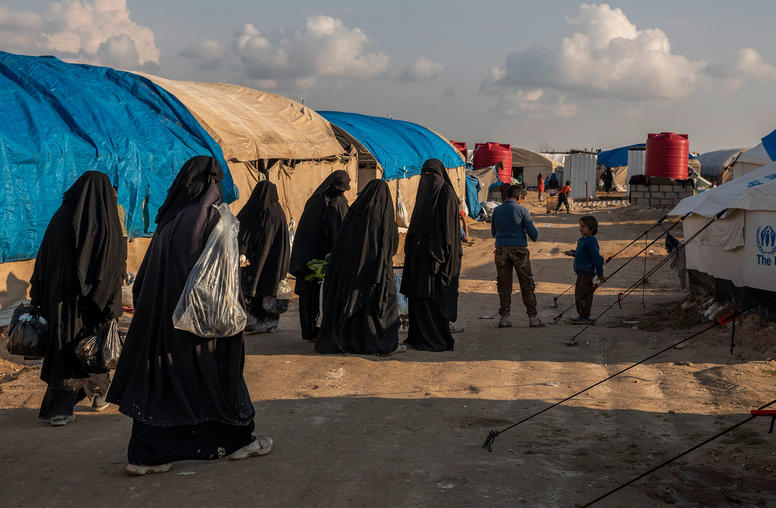
What Will Become of Iraqis in Al-Hol?
The al-Hol camp in northeast Syria—which holds tens of thousands who were living among ISIS before its territorial defeat—has presented the region and international community with a host of thorny challenges. What to do with the camp’s residents has particularly bedeviled the Kurdish authorities who run the camp as well as the governments of countries where residents came from. On October 5, Kurdish authorities said they would release the Syrians in the camp, where conditions have become increasingly unsustainable. But, nearly half of the camps’ 65,000 residents are Iraqis, and their prospect for return remains deeply uncertain. USIP’s Sarhang Hamasaeed discusses the situation facing Iraqis in al-Hol and the challenges ahead if they indeed return.
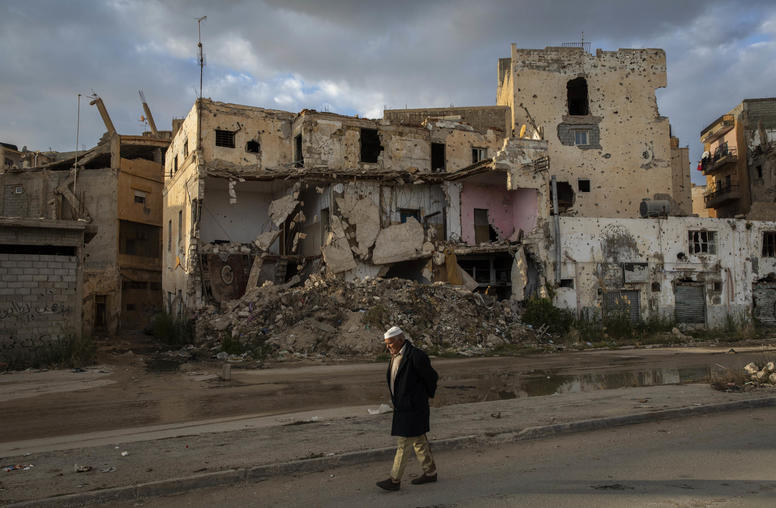
Libya: Peace Talks Advance, But Will Need Local Support
Libyans have taken an uncertain step toward ending nearly a decade of civil war, agreeing in U.N.-mediated talks to hold national elections in December 2021. The discussions, in the neighboring capital, Tunis, fell short of yielding a transitional government to oversee the elections and the establishment of a new constitution. The talks are shortly to resume. From Tunis, USIP’s Nate Wilson notes that the step is positive for a country that began 2020 with a surge in warfare and the involvement of foreign forces. Making this peace effort effective will require restraining that foreign involvement, he says, and will need to ground the talks in grassroots support.
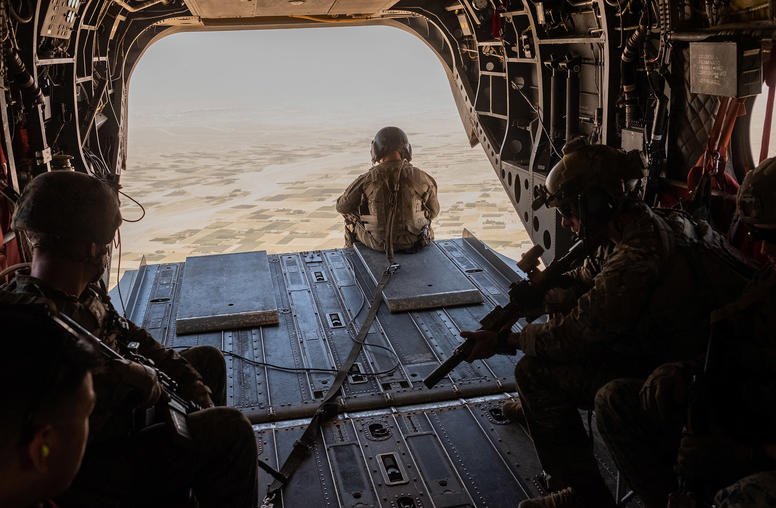
Afghanistan Withdrawal Should Be Based on Conditions, Not Timelines
The Taliban’s tactic of running out the clock on the U.S. troop presence may bear fruit after the announcement on Tuesday that U.S. forces will reduce to 2,500 by January 15. The Trump administration successfully created leverage by engaging directly with the Taliban to meet their paramount goal of a U.S. withdrawal in exchange for genuine peace talks and counterterrorism guarantees. This strategy brought about unprecedented negotiations between Afghan government representatives and the Taliban in Doha. A walk down a conditions-based path to peace, long and winding as it may be, had begun.
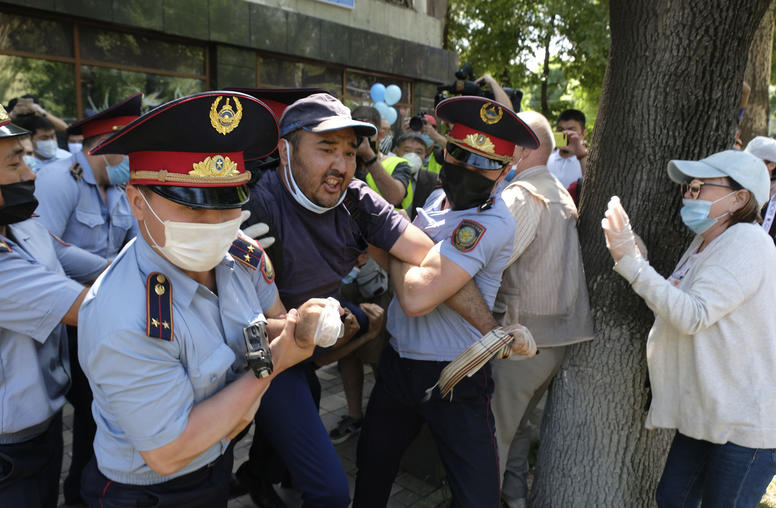
Looking for Trouble: Sources of Violent Conflict in Central Asia
This report offers a road map for understanding the most likely sources of violent conflict in the post-Soviet nations of Central Asia—ethno-nationalism and nativism, Islam and secularism, water resources and climate change, and labor migration and economic conflict. The analysis draws from emerging trends in the region and identifies the ways in which Central Asia’s geography and cultural place in the world interact with those trends. It suggests that the policy goals of the United States, Russia, and China in the region may be more compatible than is often assumed.
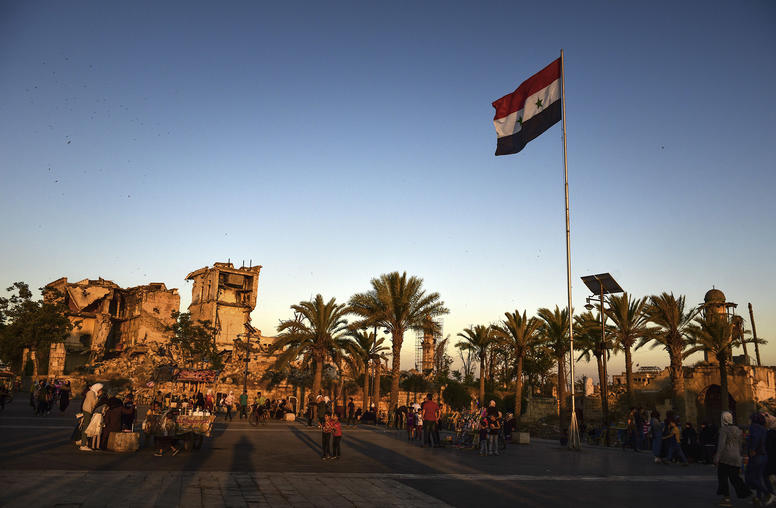
The Best Hope for Sustained De-escalation in Syria
As the conflict in Syria approaches its 10th anniversary, a holistic political settlement encompassing the entirety of the country is unlikely in the near to medium term. More than eight years of diplomatic initiatives have yielded only limited results. The two principal tracks—the Geneva and the Astana/Sochi processes—are running up against the complexity of the conflict and an emboldened Assad regime; neither process is sufficient on its own to generate momentum toward a lasting political settlement for the whole of Syria. However, creatively bridging these two processes could bring greater stability to those areas of Syria still beyond the Assad regime’s control, assuaging the suffering of some Syrians, and potentially serving as a building block for a longer-term settlement.
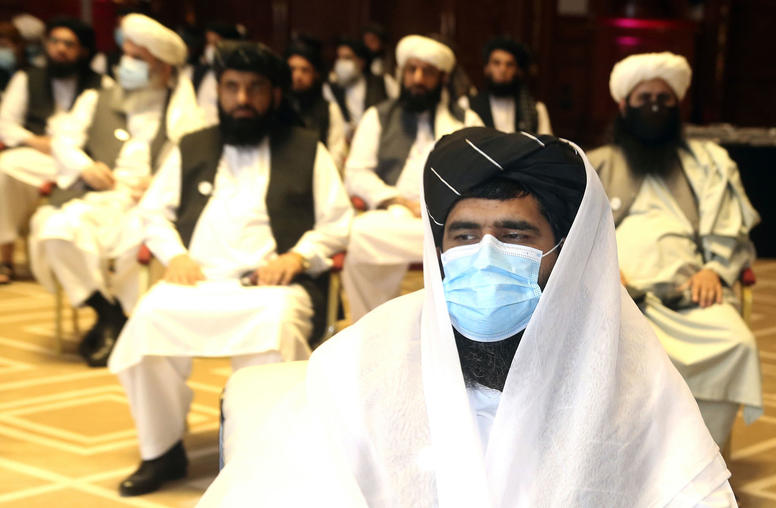
Constitutional Issues in the Afghan Peace Negotiations: Process and Substance
The peace negotiations between the Islamic Republic of Afghanistan and the Taliban that began in September in Doha, Qatar, will almost certainly include revisiting the country’s constitution. Both sides claim to abide by Islamic law, but they interpret it in very different ways. This report examines some of the constitutional issues that divide the two sides, placing them within the context of decades of turmoil in Afghanistan and suggesting ideas for how the peace process might begin to resolve them.

Keith Mines on the Future of U.S. Latin America Policy
Intense polarization in Bolivia, Venezuela, and Colombia will present Washington with significant challenges in the years ahead. But USIP’s Keith Mines says, for the most part, leaders in those countries “are looking for a way forward … there’s a more realistic framework of coexistence that’s emerging.”
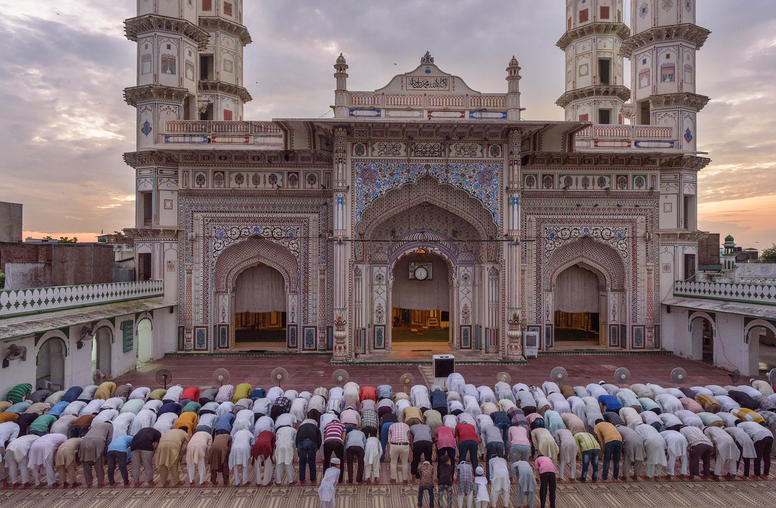
Three Things You Thought You Knew About Freedom of Religion or Belief
Accounts of global religious restrictions and hostilities have, unfortunately, become a regular feature of today’s news cycle. India’s passage of the Citizenship Amendment Act, which uses religious identity as a criterion for citizenship, and its violent crackdown against protesters made headlines at the turn of year. The Chinese government’s detention of more than a million Uyghur Muslims, increased surveillance, and other religious regulations in Xinjiang continue to garner much attention. And, increasingly more concern has been given to the ongoing attacks on Christian communities in Nigeria. While these examples are, of course, worrying and must be addressed, a deeper dive into the data reveals that many of the assumptions we hold about the state of global religious freedom need further unpacking.
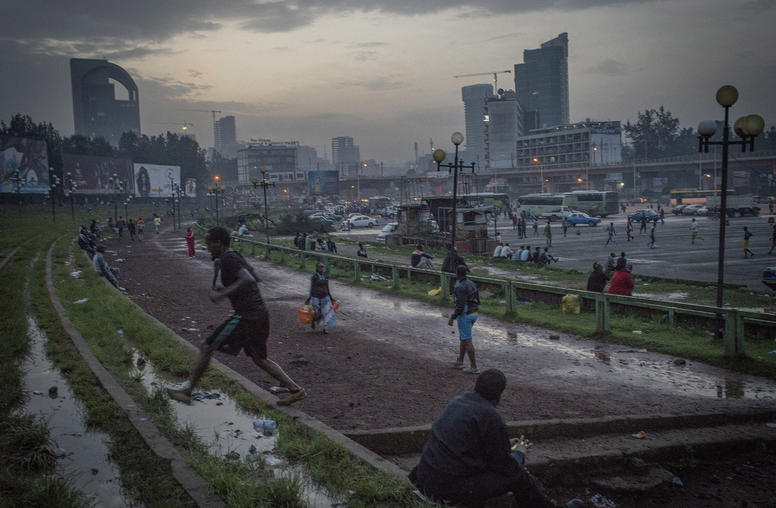
What Ethiopia’s Brewing Conflict Means for the Country—and the Region
Violent conflict between the federal government of Ethiopia and the federal state of Tigray, in the country’s north, began November 4 and quickly escalated. USIP’s Aly Verjee and Susan Stigant discuss the crisis and identify what could be done to avoid further violent conflict in east Africa’s most populous country.
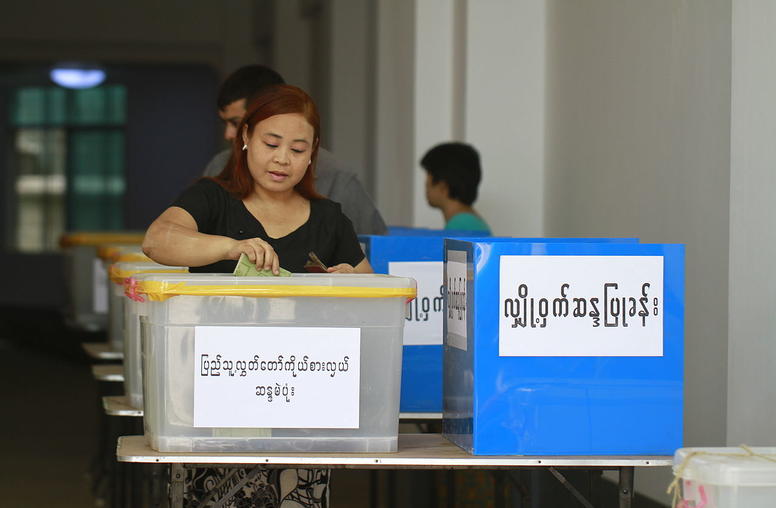
Myanmar Elections 2020: Ethnic Tensions and a Military Hand
The ruling National League for Democracy (NLD) is expected to win Myanmar’s general elections on November 8, but the 2020 race is much more hotly contested than 2015. The growing political frustration of the country’s non-Burma ethnic nationalities is fueling insurgencies and the military-affiliated Union Solidarity and Development Party, and its armed forces patrons, are criticizing the government and attacking the country’s feeble electoral institutions. The way Myanmar’s ethnic nationalities experience the process will have major implications for peacemaking efforts moving forward.